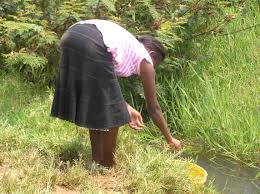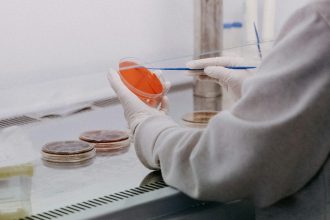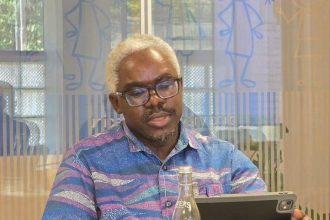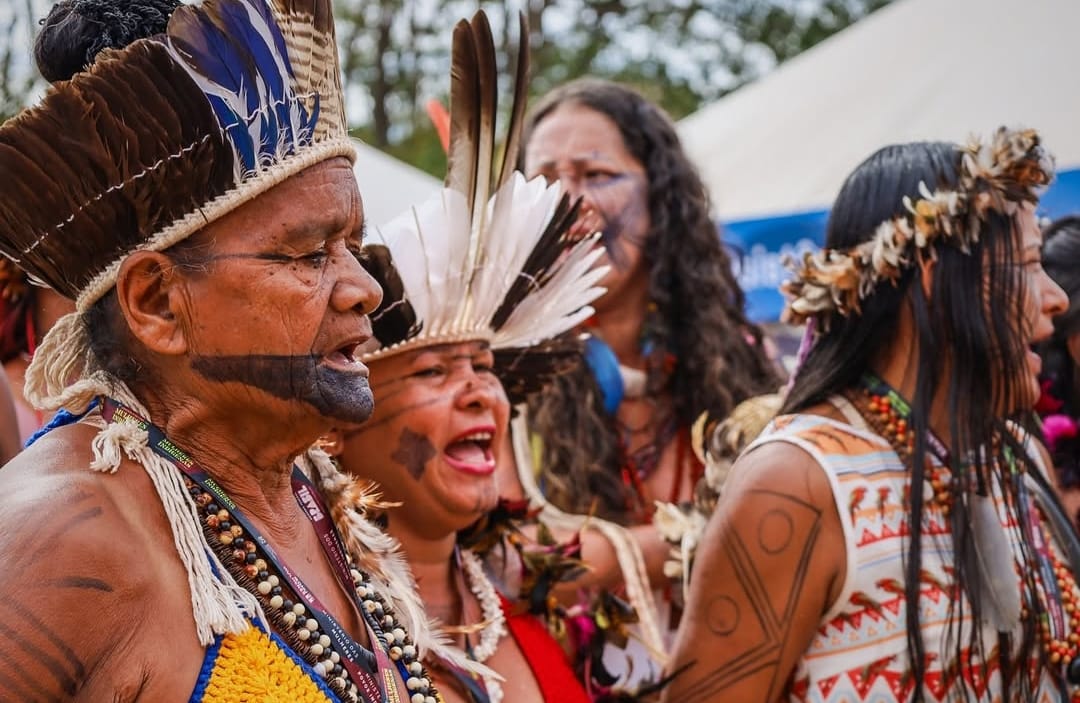By Imali Ngusale
Brasilia, Brazil- a historic conference ahead of COP30 was held in Brazil’s capital. The conference was first of its kind and united over 7,000 Indigenous women from more than 275 ethnic groups. Their voices and presence exuded a nuanced boldness that warrants global attention.
The landmark event was legislated by Brazil’s Ministry of Culturein an attempt to centralize indigenous political agency. Unlike previous regional forums the 2025 indigenous women’s Convention surged in reverse, rising from the local to the national and finally reaching the global stage.
Thousands of indigenous women marched through Brasília to denounce violence against their bodies and territories. Their cries were not only for recognition, but were meant to echoe the pain of delayed justice, aborted land restitution, unfulfilled legal protections, and inability to access climate finance. The indigenous women faces bore the scars of extractive economies that have prioritized profit over life.
Speaking to Africa Scince News, Eliziara Coutinho, a leader from the community association Morro do Pilar and volunteer at Tribo Da Terra, said, “The time for indigenous women to access climate justice is now.”
Coutinho hinted that the previous regimes did not heed to the cries of indigenous people. She said, “When President Lula took office in 2023, we finally saw the creation of a Ministry of Culture that values Indigenous life.”
“Justice is not just about being heard its about inclusion, “added Coutinho, “As indigenous women, we should be present when climate decisions are made.”
Likewise, Stephanie Daher, a researcher at École Polytechnique in Paris said, “Indigenous voices are gradually being woven into formal governance structures.”
Daher noted that unless the United Nations Framework Convention on Climate Change (UNFCCC) specifically includes indigenous women voices, their rights maybe diluted in the sea of climate politics.
Research from the IPCC’s Sixth Assessment Report reveals that Indigenous populations, particularly women, experience disproportionate climate change impacts despite minimal contribution to its causes. The report further acknowledges that indigenous peoples particularly those living in the Arctic communities, have endured gross impacts, such as ocean acidification and loss of permafrost and associated impacts of methane release.
Furthermore the IPCC report attest that vulnerable indigenous communities from the other socio-cultural regions in Africa; Asia, Central and South America and the Caribbean, Eastern Europe, Russian Federation, Central Asia and Transcaucasia, North America and the Pacific are also exposed to severe droughts, extreme flood, fires and persistent organic pollutants.
While President Lula’s administration has committed to a long-term repatriation process and increased political inclusion, the women who attended the Pre-conference meeting in Brasilia lauded that their appetite and demand for justice is a moral cry that warrants attention.




